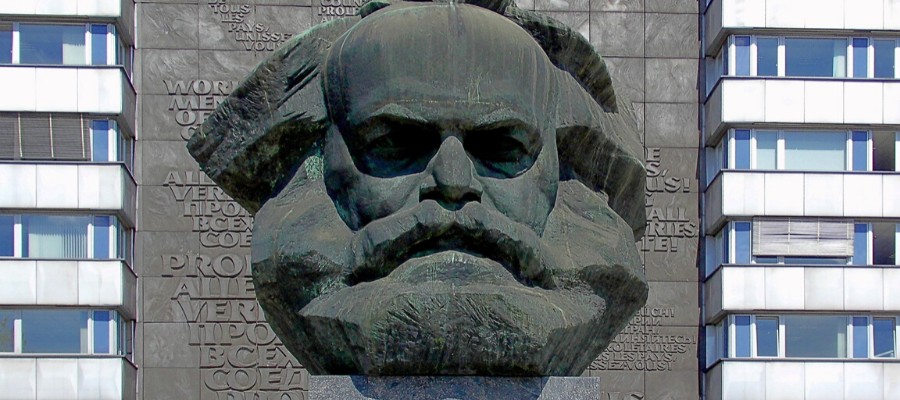Heidegger
25
Jun 2015
Martin Heidegger is the Continental philosopher most analytic philosophers love to hate. I actually never knew enough about Heidegger to form much of an opinion. I knew that he said that “Nothings noths” (Das Nichts nichtet), giving Carnap a paradigm of meaningless, unverifiable, unfalsifiable, metaphysical gibberish.
Read moreScience and Politics: Friends or Foes?
12
Jun 2015
This week, we’re thinking about the relationship between science and politics. Are they friends or foes? I can get myself in a cynical frame of mind in which I think to myself that whether they are friends or foes depends on where the money is. I'm kidding – sort of.
Read moreShould the ethics of Presidential candidates matter?
10
Jun 2015
The classical view on the relationship between ethics and rulership can be traced back to Plato (424-348 BCE), whose Republic argues that a state will never be well governed unless its rulers are virtuous. Plato’s student Aristotle challenged his master on many issues (rejecting Plato’s radical views on gender, the family, and the private ownership of wealth), but the two agreed in linking personal virtue and effective leadership. In contrast, the foundational texts of modern political philosophy – The Prince by Niccolò Machiavelli (1469-1527) and Leviathan by Thomas Hob
Read moreThe Paradoxes of Ideology
02
Jun 2015
The notion of ideology is very important in political thought, as well as in everyday discourse. But even though scholars have produced mountains of erudite writing on the topic, there’s disagreement about exactly what ideology is and how, if at all, we can square the various notions of ideology with one another.
Read moreWhy Propaganda Matters
01
Jun 2015
This week, we're thinking about Propaganda – how it works, why it matters. I feel about propaganda sort of the way I feel about pornography -- I’m not exactly sure how to define it, but I definitely know it when I see it.
Read more


